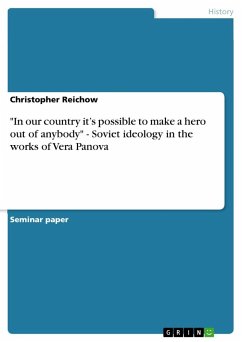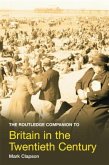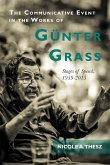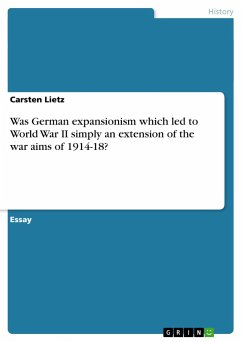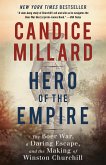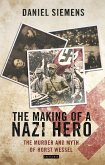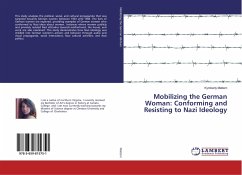Seminar paper from the year 2011 in the subject History Europe - Germany - National Socialism, World War II, grade: 1,0, University of Oregon, language: English, abstract: During the "Great Patriotic War", poetry and literature expressed to many Soviets the idea of hope and optimism when fear and death were very near. Fighting a war against Nazi Germany demanded everything from the Soviet people, but the fascist enemy welded the people together. Cooperation and an iron will became the ideal of the heroic Soviet citizen. As one of the most famous and celebrated writers in Soviet literature of the post-World War Two period, Vera Panova deals in her works exactly with this brave and non-surrendering type of Soviet citizen. In the tradition of other Soviet Realist novels, hope and optimism are the recurrent themes in Vera Panova s works on World War Two. It is her credo that restoring the country is challenging, but doable.Using the historiographical method of a cultural and political interpretation, this paper will analyze the works of one of the most read authors of post-World War Two Soviet Socialist Realism. This paper will concentrate on Panovas writings dealing directly with events during World War Two. This is predominantly Sputniki (1946, The Train, literally translated "the fellow travelers"), in which she describes how Soviets from different backgrounds work to-gether at the front. They are inspired by their mission for the motherland, which needs every helping hand. Another focus will lay on her two short plays Valya and Volodya (1959), in which the lives of two children from Leningrad are described. Both dedicate everything to reconstruction, both the country and their families.The main agenda of this paper will be to identify the role Soviet ideology played in the three analyzed works. As typical for Soviet literature on World War Two, the predominant topics are morality, hope, faith, and solidarity. Recurring descriptions of exhaustless patriotism emphasize the bravery of the Soviet people and thus glorify the Soviet war effort. Additionally, the infusion of Socialist Realism with humanity can be located everywhere in her works. But this paper will also reveal that Panova did not write one of the very propagandistic and schematic books that were so massively written in the post-war years. The analysis will begin with a short introduction on Panova s background as a writer and a brief introduction to Soviet Socialist realism. In the following, by depicting the story first of Sputniki, and then of Valya and Volodya, Panova s work on World War Two will be closely examined and analyzed.

